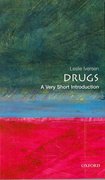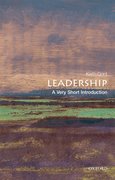Thought Control
Tim Bayne
As a teacher I have sometimes offered to give a million pounds to any student who can form any one of the following beliefs—that they can fly; that they were born on the moon; or that sheep are carnivorous. Needless to say, I have never had to pay up. The Queen in Lewis Carroll’s Through the Looking Glass might have been able to believe six impossible things before breakfast, but that is a feat few of us can match. In fact, the formation of belief doesn’t seem to be under our voluntary control at all. Coming to adopt a belief seems to be more like digesting or metabolizing than looking or speaking—it seems to be something that happens to one rather than something that one does.
















